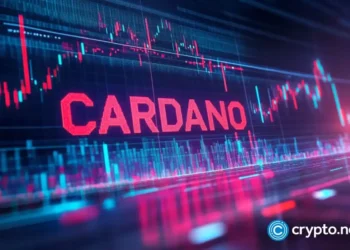
Artificial intelligence company OpenAI has publicly denied any involvement with Robinhood’s tokenized equity campaign, warning that recently promoted stock tokens are not legitimate.
In a July X statement by the Open AI Newsroom, the company clarified it had no role in the creation or distribution of the “OpenAI tokens” promoted by Robinhood, which were claimed to represent shares in the firm.
“We did not partner with Robinhood, were not involved in this, and do not endorse it,” wrote the company. OpenAI’s statement came shortly after the trading platform’s co-founder and CEO Vlad Tenev announced at an event in Cannes that eligible European users would be able to claim tokenized shares of private companies, including OpenAI and SpaceX.
Called “stock tokens,” the firm offered an incentive to grant €5 worth of OpenAI and SpaceX tokens to eligible users in the EU who register to trade stock tokens by July 7.
The CEO said users could begin claiming the tokens one week after downloading the firm’s app, and confirmed that $1 million worth of OpenAI tokens had already been transferred to Robinhood Europe for later distribution.
Responding to the ChatGPT maker’s rejection, Tenev posted a clarification on X, stating that the giveaway was never meant to represent actual equity but provide users exposure to private assets.
“At our recent crypto event, we announced a limited Stock Token giveaway on OpenAI and SpaceX to eligible European customers. While it is true that they aren’t technically “equity” (you can see the precise dynamics in our Terms for those interested), the tokens effectively give retail investors exposure to these private assets,” he said.
Robinhood is renowned for its line-up of crypto services, and the stock tokens were introduced alongside other products including perpetuals trading and staking in the U.S., and a Layer 2 blockchain network built on Arbitrum. The perpetuals trading lets users take leveraged bets on crypto prices, while staking allows them to lock up tokens to help secure blockchain networks and earn rewards.








